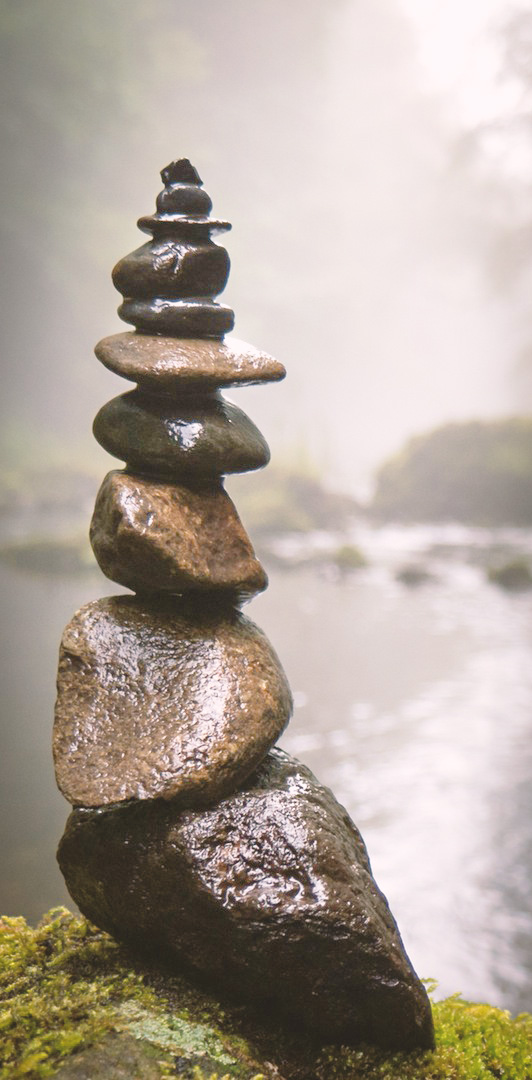Indigenous Cultural IDS 10 – 12
This course is intended for Indigenous students who are independent learners and who wish to further their understanding of their cultural heritage. By completing 60 or 100 – 120 hours of activities, you can receive 2 or 4 elective credits for your investigation of your cultural background.
IDS in a nutshell:
In order to receive credit for Indigenous Cultural IDS, you will need to:
- Choose at least one mentor who understands protocol for the culture you are investigating, and find resources in your community to complete your activities (this is part of the First Assignment – the other part is a personal essay on what your culture means to you).
- Choose four approved learning competencies that you will demonstrate your understanding of through four reflections
- Complete the Learning Contract with your support teacher (this is a different person than your mentor)
- Complete a Learning Log to record your activities and to show you have met the required number of hours
- Complete four reflections based on your four chosen learning competencies that describe your learning process and includes artifacts of your learning (eg. pictures)
- With your support teacher, revisit the Learning Contract at the half-way point of the course and renegotiate if necessary.
How to meet your chosen learning competencies:
Indigenous Cultural IDS is intended to support your personal journey into deepening your understanding of your culture. Therefore, how you meet your learning competencies is up to you! Here are some possible areas of investigation (or find your own!):
Traditional teachings and ceremonies:
- Pow wows, Big House ceremonies, Potlatches
- Songs, stories, drumming, dances
- Traditional languages
- Traditional medicines and healing
- Preparation of traditional foods and feasting
- Tribal Journeys and Traditional Canoe racing
- Totem poles
Art:
- Indigenous Visual art (contemporary and/or traditional)
- Drama (Indigenous focus)
- Literature (Indigenous focus)
- Poetry (Indigenous focus)
- Drum groups/ singing
- Traditional dancing
- Traditional and Contemporary Dance
- Film (Indigenous focus)
Leadership:
- Leadership/Speaker role in discussions, gatherings or circles
- Cultural responsibility and volunteer activities
- Personal Interactions with role models and mentors (interviews with family, Elders and community members)
- Provincial, local Indigenous organizations and First Nations communities.
Other:
- Field Trips (Environmental and Cultural Educational Experiences)
- Multimedia work with an Indigenous Focus
- Archival research
Important note: For many of these activities, there are cultural protocols that must be met. That is why one of your mentors must be knowledgeable in the protocols surrounding your activity for the culture you are investigating.
Resources:
While the Indigenous Cultural IDS is intended to be a personal experience, you are not expected to complete it without support (in fact, this would be impossible!). You will need to complete a form (see page 5) and submit it to your support teacher, outlining your mentor(s) and the community resources you will be using to complete your course. Some examples of community resource may include:
- Friendship centers
- Elders
- Family members or family friends
- Band offices
- Teachers
- Artists, dancers, authors etc
Your grade will be assigned based on the completeness of your learning log, the quality of your journal reflections and presence of artifacts as proof of participation in your activities, and whether you participate in the activities you have set out in this contract.
Weighting of assignments:
| Activity | Marks |
| First Assignment | 15% of the total grade – marks awarded based on completeness and quality of the assignment |
| IDS Learning Contract | 15% of the total grade – full marks awarded for completion |
| Reflection # 1 | 10% of the total grade – marks awarded based on the quality of the reflection |
| Reflection # 2 | 10% of the total grade – marks awarded based on the quality of the reflection |
| Reflection # 3 | 10% of the total grade – marks awarded based on the quality of the reflection |
| Reflection # 4 | 10% of the total grade – marks awarded based on the quality of the reflection |
| Learning Log (tracks hours and activities) | 15% of the total grade – marks awarded based on completion of all required hours and activities |
| Self-evaluation | 5% of the total grade – full marks awarded for completion |
| Mentor evaluation | 10% of the total grade – full marks awarded for completion |
Earning Credit
IDS credits may only be used to satisfy elective requirements for graduation. The maximum value for a single IDS course is four credits, but there is no limit to the total number of IDS credits a student may earn. The number of credits you earn for an IDS will be set out in the plan developed by you and your teacher, and approved by a principal. IDS courses can be for 1, 2, 3, or 4 credits. This is determined on the number of hours it will take you to complete the course:
- 30 hours = 1 credit
- 60 hours = 2 credits
- 90 hours = 3 credits
- 120 hours = 4 credits
Grade 12 IDS credits may count toward the minimum of 16 Grade 12 credits required for graduation.
For more information on earning credit with an IDS course see: http://www.bced.gov.bc.ca/policy/policies/earning_credit_through.htm

